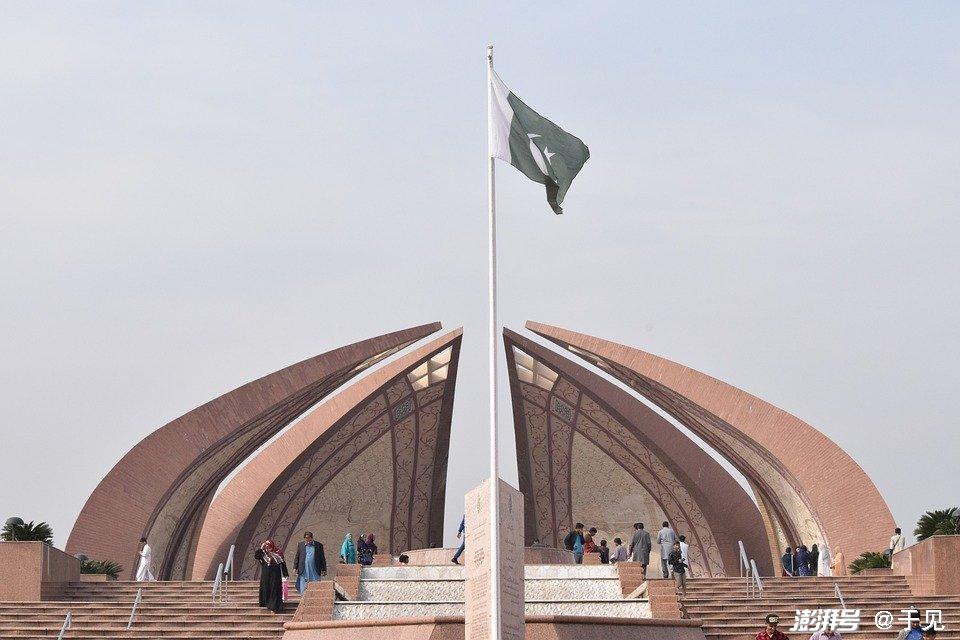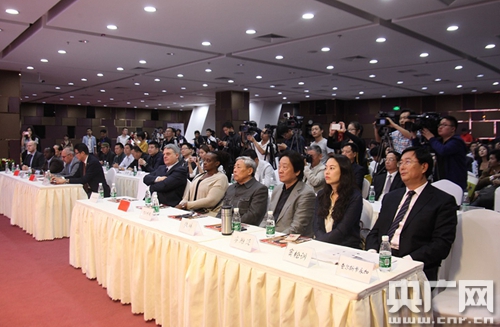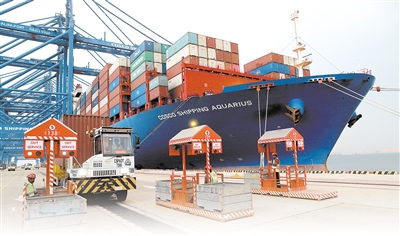Before The Chinese Special Plane Landed, The EU Responded With Two Moves, And Italy Quickly Expressed Its Support For China!
Before The Chinese Special Plane Landed, The EU Responded With Two Moves, And Italy Quickly Expressed Its Support For China!
This attitude not only contrasts with Brussels' tough voice, but also conveys their own diplomatic choices. Publicly, member states must align with Brussels and show solidarity; privately, they have to face their own economic data.
As soon as the Chinese special plane finished taxiing on the runway in Rome, Brussels' actions became particularly dazzling. On October 7, the EU made two moves in one go, making it clear that it was targeting Beijing. One step is in the political field, and the other hand is in the economic sector. This is no coincidence. Foreign Minister Wang Yi’s trip is about to begin, and the EU has chosen to make trouble at this time.
First, they hyped up the issue of the Taiwan region, deliberately distorted United Nations General Assembly Resolution 2758, and pointed to the "undecided status of Taiwan".
Anyone who understands this statement will understand that it is challenging China's bottom line. Moreover, what is even more interesting is that this statement was not actually issued by them on their own initiative, but was followed up by the media after asking about it. No one is forcing the EU to speak; they can choose to remain silent. The response on this day was more like a deliberate gesture.

The second move landed on steel. The European Commission announced that starting from 2026, the total amount of duty-free steel imports will be limited to 18.3 million tons per year, and tariffs on excess parts will be directly increased to 50% or even 100%. Many media in Europe have privately admitted that this new regulation is coming to China. Cutting quotas by nearly half will put a heavy shackle on costs for downstream automobile manufacturing and other industries.
The European Automobile Industry Association has warned that this will throw the supply chain into chaos and weaken local competitiveness.
South Korea can’t sit still anymore, worried that its steel exports will be hit in parallel. This kind of policy is difficult to be classified simply as an economic operation, but more like a politically driven trade tightening.
Why is Brussels taking such a stance? The reason behind it is not hard to find. First, some political elites in Europe have long held ideological prejudices and always feel that they still have a sense of superiority. Second, in the field of diplomacy and security, they have long been accustomed to following the lead of the United States and lack independence. Third, the rapid rise of China's manufacturing industry has impacted their established industries and spread anxiety. With these forces twisted together, the EU's attitude toward China naturally oscillates between interests and politics.

Just before the words in Brussels had completely dispersed, Wang Yi's special plane landed safely at the Rome airport on October 8. The schedule is unhurried, first chairing the joint meeting of the Chinese and Italian governments, and then going to Switzerland for strategic dialogue. The rhythm is not disturbed at all, but appears calm.
The air here in Rome is obviously different from the coldness in Brussels. Italian President Mattarella personally welcomed Wang Yi at the Presidential Palace and publicly expressed his hope to continue to build a bridge of cooperation between China and Europe and promote the in-depth development of bilateral relations. Compared with the EU's ambiguous Taiwan-related statement, Italy's statement is quite direct and leaves no room for ambiguity.
Italian Deputy Prime Minister and Foreign Minister Tajani also had a long talk with Wang Yi, clearly emphasizing that his position on the one-China policy has not changed and will not waver. This attitude not only contrasts with Brussels' tough voice, but also conveys their own diplomatic choices.

After withdrawing from the "Belt and Road" cooperation, Italy has actually been adjusting its position in China-EU relations.
This high-level reception is a signal transmission, which not only restores trust, but also an indirect response to the EU. In Italy's eyes, China is a potential partner, not a competitor that must be guarded against.
Roma's performance is not isolated. Member states such as Germany, Hungary, and Portugal are all using different ways to deepen their ties with China. From energy to automobiles to digital fields, they are looking for opportunities in the Chinese market. The logic behind these actions is simple. Ideology cannot be eaten as food. Actual orders and investment figures are the key to maintaining the economy.
The atmosphere at EU headquarters therefore became delicate. Publicly, member states must be consistent with Brussels and show solidarity; privately, they have to face their own economic data and are unwilling to easily give up cooperation opportunities from the East. This rift is amplified under realistic geopolitical pressure.
The conflict between Russia and Ukraine has not yet ended, and the European economy has been slowed down. The election in the United States has brought more uncertainty. At this time, if you are tied to a single concept on China policy, you will only set up obstacles for yourself. What Europe needs is tangible cooperation results, not empty political slogans.
Wang Yi's European trip is essentially promoting two lines at the same time: maintaining dialogue with institutions in Brussels and direct communication with member states.
This layout will allow China to take more initiative in the complex game within Europe. After all, at a table, different voices mean different opportunities.
In just one day, the EU's Taiwan-related statement formed a sharp contrast with Italy's high-level reception. The differences among member states have been significantly magnified, and the chessboard of China-EU relations has become more volatile as a result. While Brussels is creating confrontation, Rome is seeking cooperation. These two paths are unfolding simultaneously on the European continent.

In Germany, some automobile giants have already laid out their plans in China's new energy vehicle market. They know that "decoupling" means losing a huge market. Hungary, on the other hand, continues to add Chinese elements to its infrastructure and energy cooperation. Portugal’s willingness to cooperate in the shipping and digital fields also makes them active in China-EU relations. Many realists in Europe are responding to the noise in the political arena with actions.
Ideological arguments won't bring back steel quotas or make parts automatically available for car factories.
Brussels' head-on strategy is more like testing the patience and economic resilience of member states. And in the current tight economic chain, the cost of this test is getting higher and higher.
The meeting in Rome showed that at least some European leaders are willing to hedge political friction with pragmatic cooperation. Mattarella's greetings to China and Tajani's statement are not only diplomatic courtesy, but also convey coordinates to the outside world: Even in the same alliance, positions can be different.

Beijing clearly knows this game well. Wang Yi neither avoided Brussels nor the capitals of any member states during his itinerary. This approach allows China not to be restricted to a single channel in strategic dialogue, but can flexibly adjust its strategy according to the attitudes of different countries.
There was not a single empty word in the whole process, it was all driven by practical actions. From Brussels’ precautions to Rome’s opening, new interactions between China and Europe have begun. Different cities in Europe are giving answers in their own ways. Who chooses confrontation and who chooses cooperation? These signals have been clearly laid out in front of us.
Autumn graphic incentive plan





